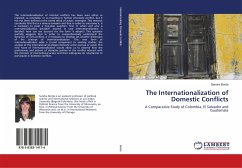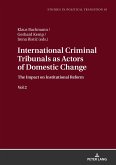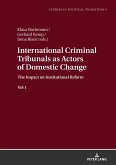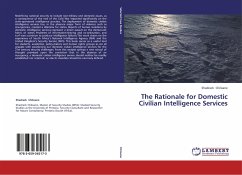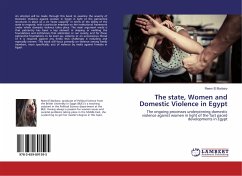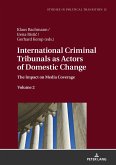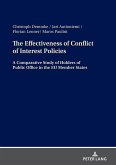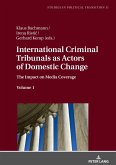The internationalization of internal conflicts has been seen either as imposed, as inevitable, or as resulting in further interstate conflict, but it has not been defined as the varied result of actors' strategies. This research concludes that this is a serious omission and that in order to overcome it, it is necessary to posit a two-step question: first, if, when and why is internationalization decided? second, in case internationalization is decided, how can we account for the form it adopts? This question partially suggests that in order to comprehensively understand the dynamics of civil conflicts, it is necessary to develop yet another dimension of the concept of internationalization. This new form of internationalization adds a crucial component to existing studies: the analysis of the international strategies domestic actors pursue or avoid. This new facet of internationalization would allow us to observe how the preferences and actions of domestic parties to the conflict interact with the interests of international actors and their willingness (or reluctance) to participate in domestic conflicts.

